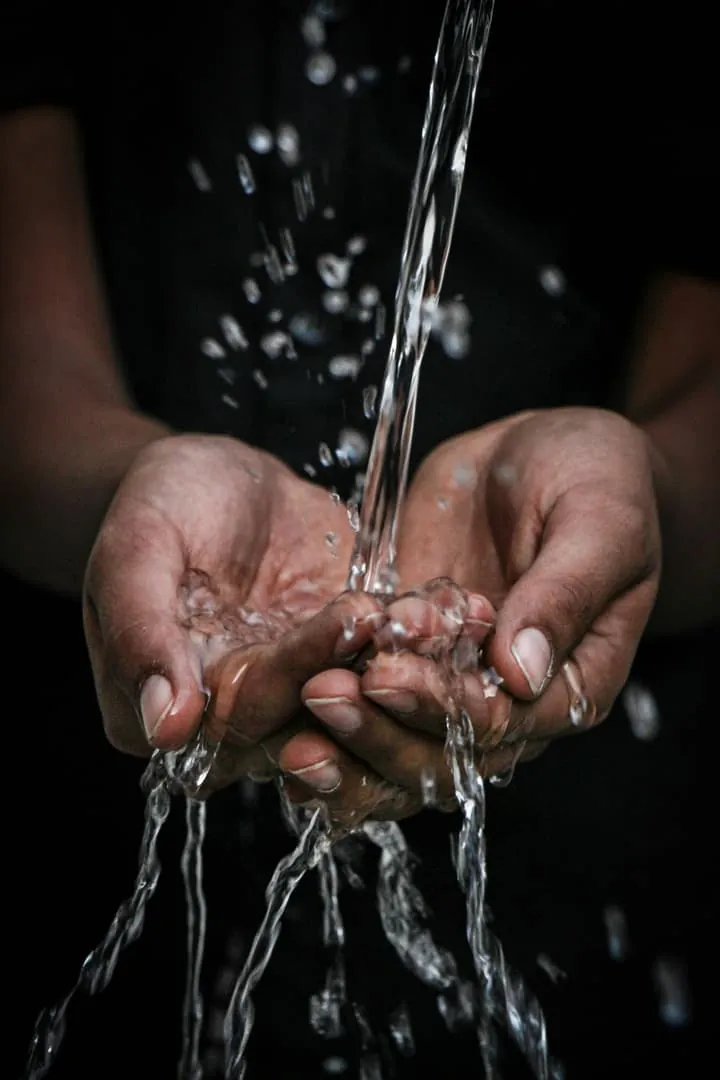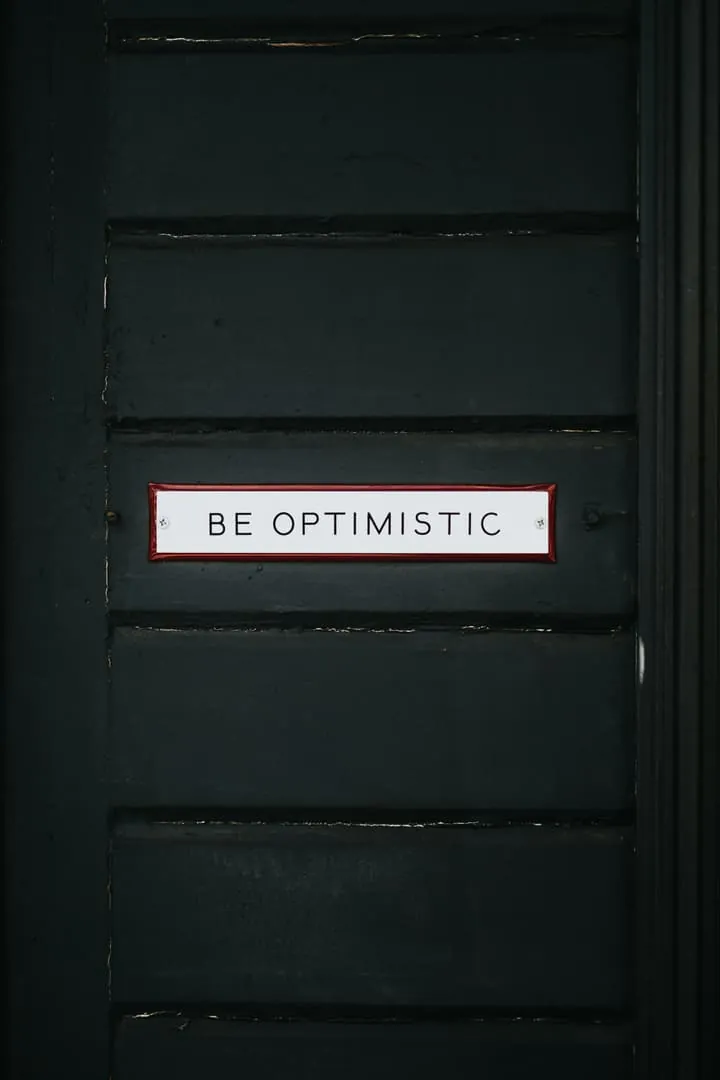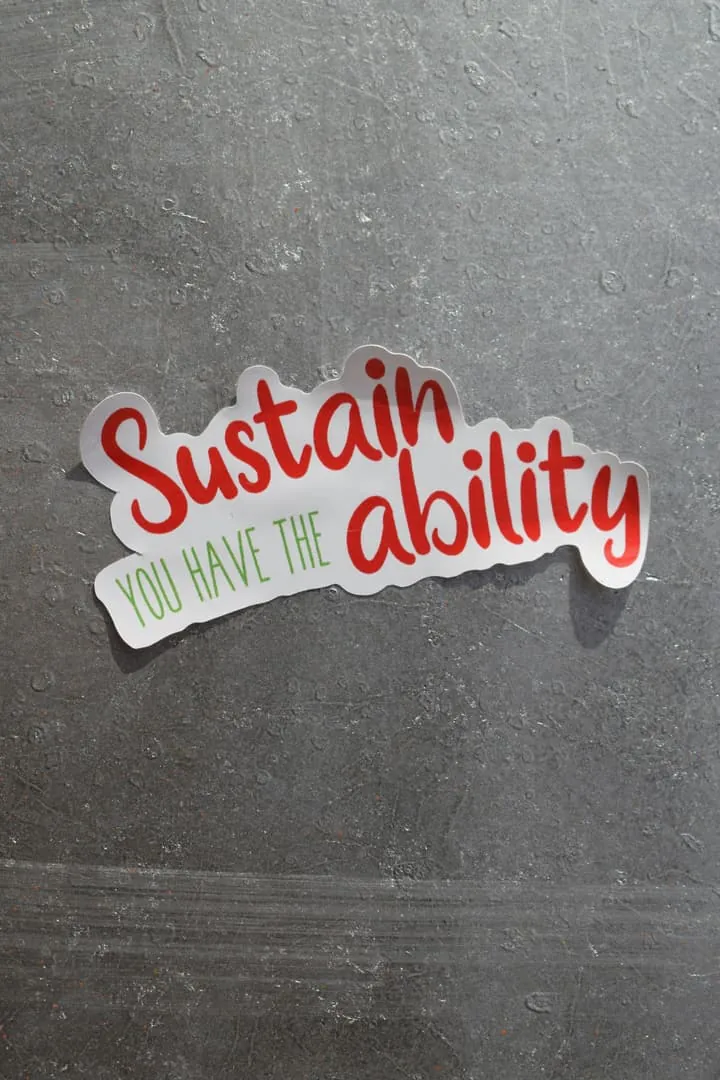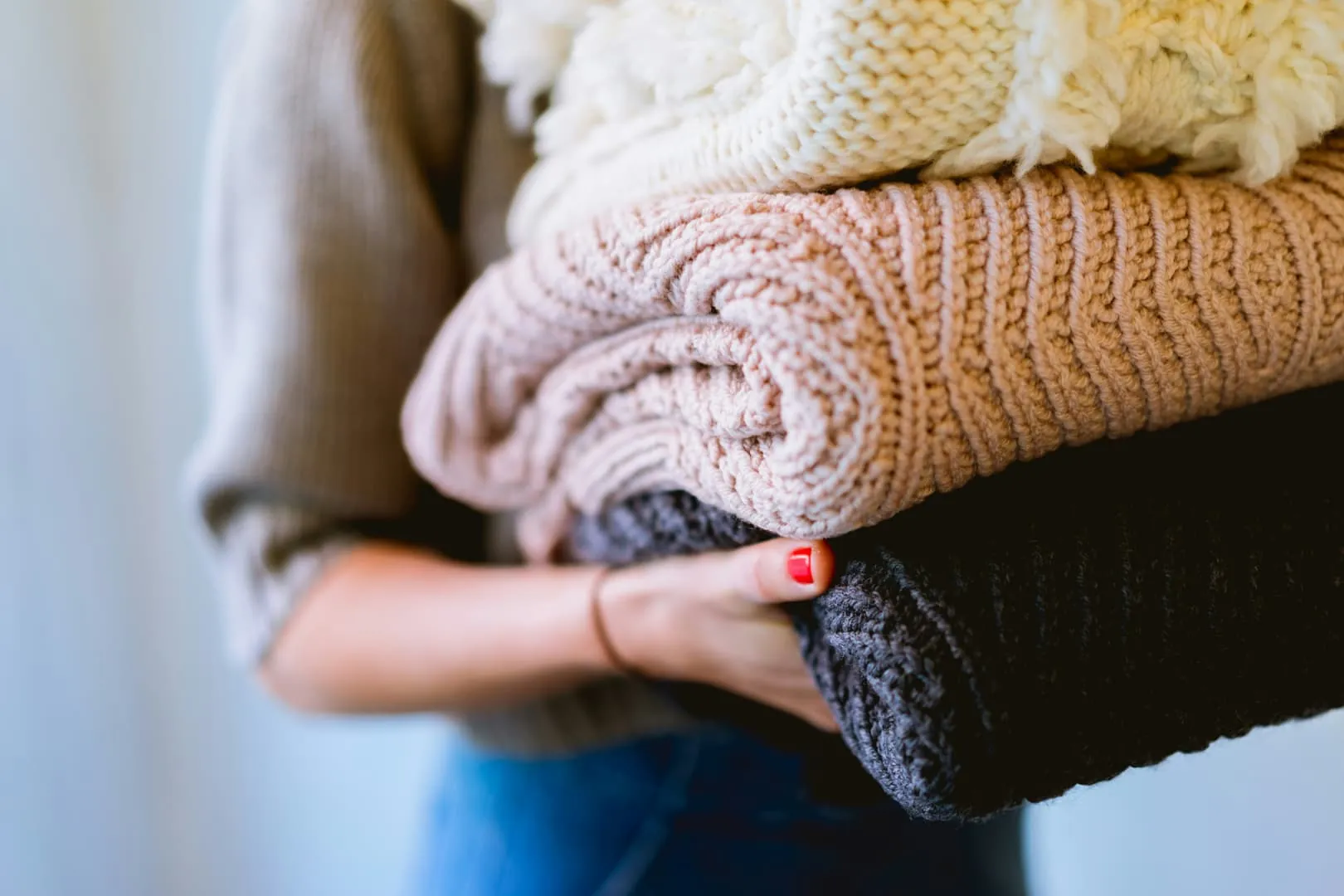
Water, the Blue Gold: 7 Simple Habits to Save Without Sacrificing Comfort
In Europe, each household still uses around 140 liters of water per person per day. Yet most of it can be saved without giving up comfort. Here are seven practical, easy-to-adopt habits to cut your bill and protect this vital resource.
1. Fix leaks quickly
A dripping tap wastes up to 120 liters a day. Inspect your seals and replace cartridges when needed. It's a €2 repair that prevents €40 in annual losses. Fixing leaks is the fastest way to save water — and money. For more home maintenance tips, check our winter home prep guide.
2. Keep pressure, reduce flow
Modern aerators cut water use by half while maintaining the same pressure. Install them on showers and taps — they're cheap, easy to fit, and instantly effective. You won't notice the difference in comfort, but your water meter will. Combining this with energy-efficient habits like those in our heating bill guide maximizes savings.
3. Reuse cooking water
Cooled pasta water is ideal for watering plants — the starch nourishes them naturally. Veggie water adds valuable minerals to your garden soil. Never pour nutritious water down the drain when it can feed your greenery. Learn more about zero waste habits in our kitchen starter guide.
4. Swap baths for quick showers
A five-minute shower uses about 60 liters, compared to 150 for a bath. Time yourself once out of curiosity — simple awareness often leads to shorter showers. The act of measuring naturally encourages conservation. Pair this with our eco laundry routine for household-wide water savings.
5. Harvest rainwater
A 300-liter tank can water a small garden for a week. Installation is simple, and in many regions, local grants cover up to 30% of the cost. Rainwater is free, naturally soft, and perfect for outdoor use. Check your municipality for available subsidies.
6. Smarter appliances
Wash laundry at 30°C on eco mode — it uses 40% less water and energy. A full dishwasher consumes 10 times less water than handwashing the same load. Modern appliances are designed for efficiency; use their eco settings to maximize savings. See our energy standby tips for more efficiency ideas.
7. Digital water footprint
Every email sent and video streamed consumes water through data center cooling systems. A small digital cleanup — deleting old files, unsubscribing from unused services — indirectly lowers global water demand. It's an often-overlooked aspect of conservation. Explore more lifestyle improvements in our stress reduction routines.
People also ask
What's an average household's daily water use? Around 140 liters per person in Europe, though this varies by region and habits. Do aerators really help save water? Yes, they can reduce consumption by up to 50% while maintaining the same perceived pressure. Can rainwater be drunk safely? Not without proper filtration and treatment. Rainwater is best used for gardening and outdoor cleaning. How much water does a leaky tap waste? A steady drip can waste 120 liters per day — that's over 40,000 liters annually.
Conclusion: Water isn't endless. Every drop counts — and every action does too. These small daily changes are enough to protect our blue gold while shrinking your bills. Start with one habit today, and add more as they become routine.
About the author:
Alexandre Dubois is a European sustainability enthusiast who shares practical, tested tips for everyday life. From saving on household energy to reducing waste, he focuses on simple changes that deliver real impact. He writes from personal experience, testing solutions in his own home before recommending them. Contact: info@greendailyfix.com
Related posts

Most People Aren’t Failing at Sustainable Living — They’re Just Optimising the Wrong Things
If sustainable living feels harder than it should, there’s a reason — and it has nothing to do with laziness or lack of care. In 2026, many people aren’t doing too little for the planet. They’re simply spending their energy on choices that barely move the needle.

If You Want to Live More Sustainably in 2026, Stop Doing More — Start Choosing What to Ignore
After years of advice telling us to optimise everything, many people reach the same conclusion: sustainable living feels like constant self-surveillance. In 2026, the most effective green shift is not about adding new rules, but about consciously deciding what no longer deserves your energy.

Why Sustainable Living Feels Exhausting - And How to Build a Green Life You Can Actually Maintain
Many people do not quit sustainable living because they do not care. They quit because it is exhausting. Too many rules. Too many contradictions. Too much pressure to do everything right, all the time. In 2026, this quiet fatigue has a name - and it is one of the biggest obstacles to real environmental progress.

Your Laundry Might Be Polluting More Than Your Car: The Microplastic Problem at Home
Every time you wash your clothes, thousands of microscopic plastic fibres are released into water systems. In 2026, scientists agree: laundry is one of the largest sources of microplastic pollution — and it happens quietly, at home.